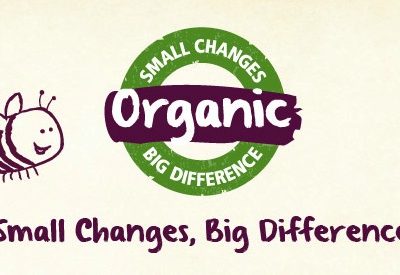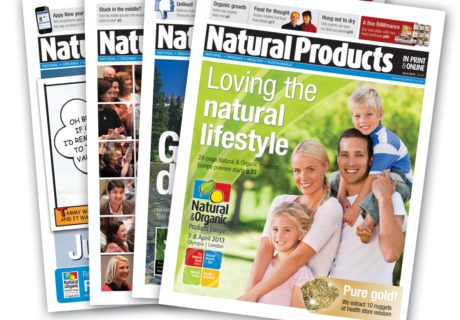Waitrose is telling its fruit, vegetable and flower suppliers to stop using three neonicotinoid pesticides that have been linked to the destruction of bee colonies.
Under a ‘Seven Point Plan for Pollinators’ that begins immediately, farmers supplying the retailer must stop using three systemic formulations of neonicotinoids by the end of 2014 at the latest. The three formulations – imidacloprid, clothianidin and thiamethoxam – will no longer be used on crops attractive to bees and other pollinators.
Waitrose says the restriction is a precautionary measure that will remain in place “until scientists can demonstrate conclusively whether or not the formulations are adversely affecting populations of pollinator insects”.
In addition the supermarket chain has announced that it will fund a significant research project with the University of Exeter into the effects on pollinators of multiple pesticide use. The work will look at the impact of combinations of neonicotinoids and other pesticides on pollinators. The results of the three year programme will be used to develop alternative methods of pest control.
Waitrose Director of Quality & Technical David Croft said: “We have been looking at pollinator health for some time in close collaboration with our fresh produce suppliers. Given the concern about these pesticides and the need to support pollinators we believe this is a responsible precautionary step as part of a wider, holistic approach.”
As well being the first major retailer to ban neonicotinoid pesticides Waitrose has singled out itself as the only supermarket to continue a ban on GM feed in its meat and egg production supply chain.




